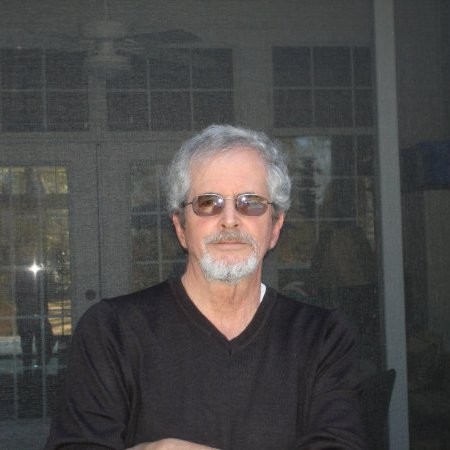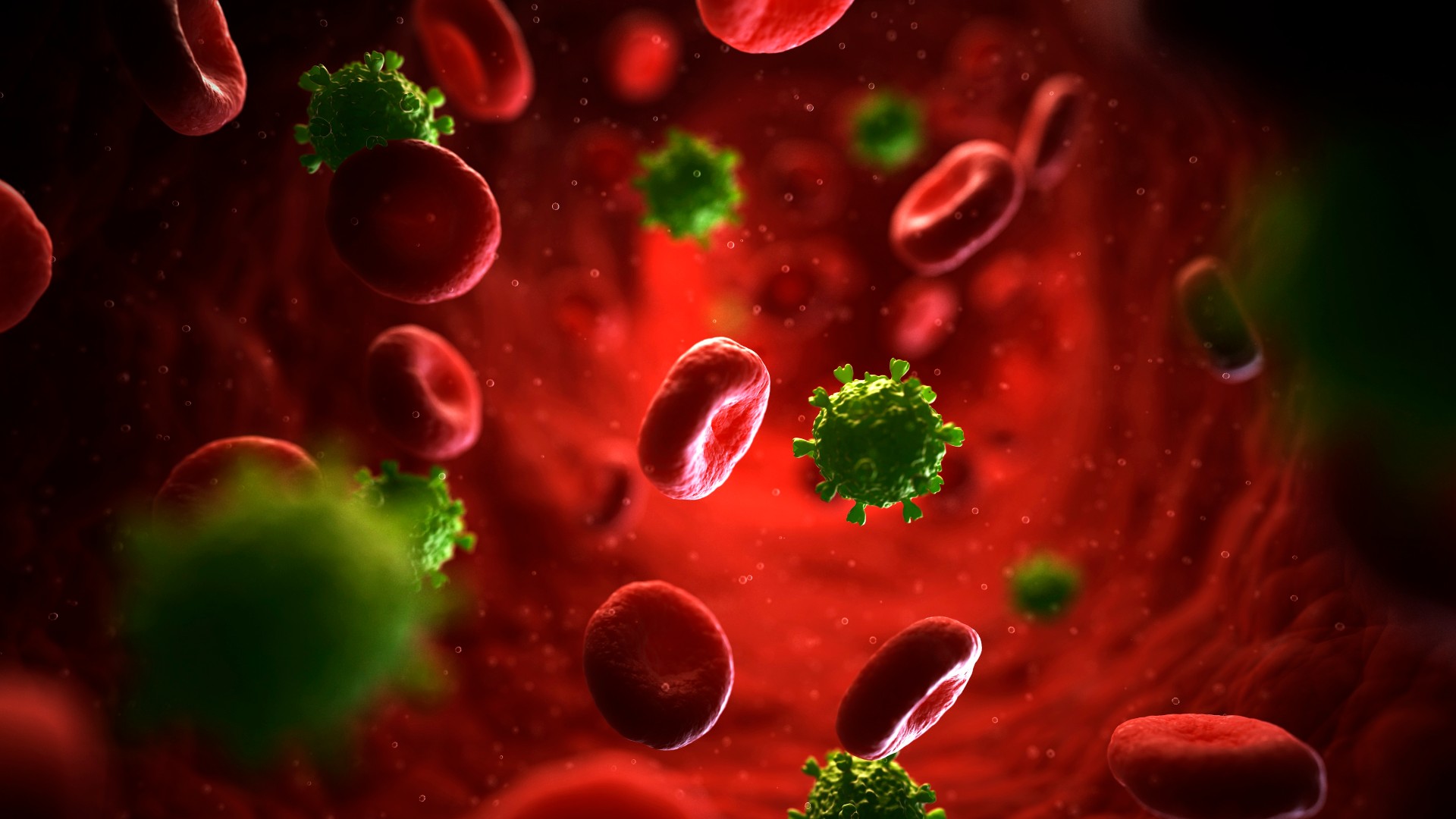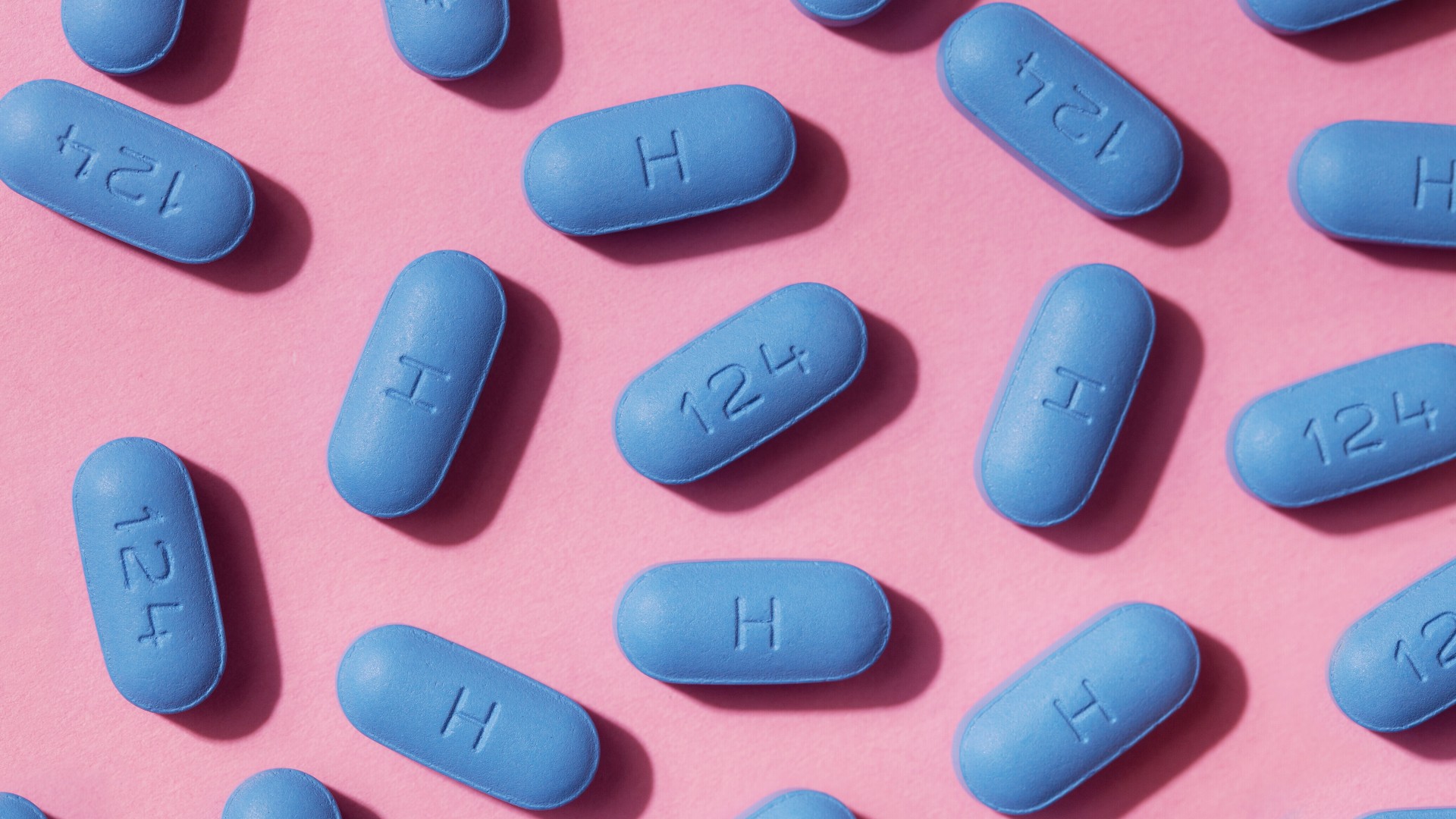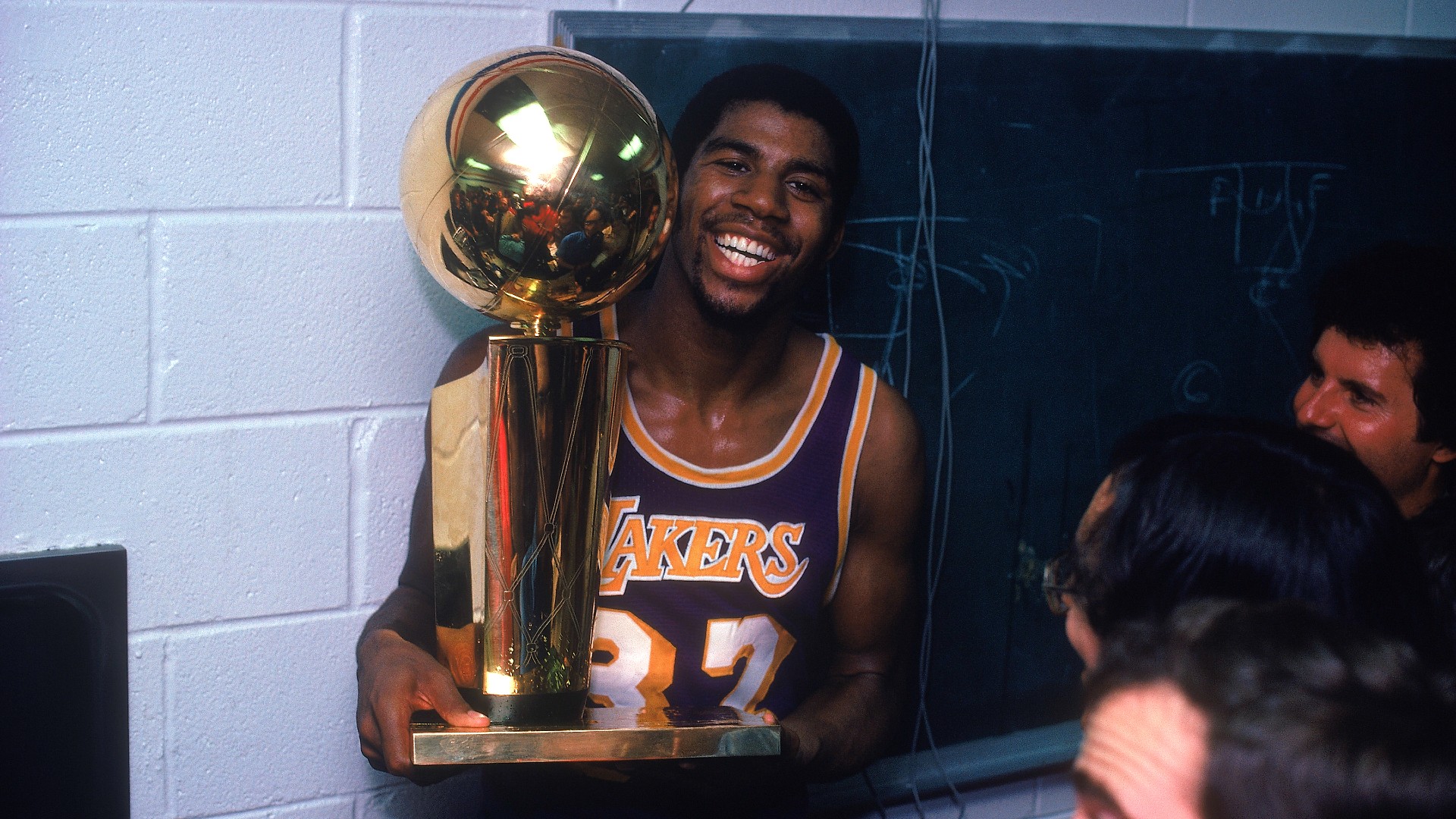Magic Johnson was diagnosed with HIV. A lack of understanding and stigmatization surrounding the human immunodeficiency virus led to questions being raised over the future of the former professional basketball player. More than 30 years later, the 63-year-old still thrives in his roles as a sports analyst, businessman and HIV activist, thanks to the advances in treatment.
Mark Heisler of the Los Angeles Times wrote on the day after the Los Angeles Lakers star was diagnosed with HIV that many people with the disease live a long time. According to experts, the average period between HIV infections and AIDS diagnoses is ten years.
For many people this outcome might have seemed impossible at the time because of HIV/AIDS. According to Healthline, the life expectancy of a young person with HIV is similar to that of a similarly aged person without the disease. Magic Johnson has been able to manage the disease and make HIV a chronic health condition.
The Florida Consortium for HIV/AIDS Research's Spencer Lieb told Live Science that there was nothing unique about Magic. There are people who are still alive 20 and 30 years after their infections.
RECOMMENDED VIDEOS FOR YOU...

In the state of Florida alone, hundreds of patients have lived full lives since being diagnosed with HIV in the early 1980s. Many other people are not as fortunate as Johnson is. According to research and estimates by the Centers for Disease Control and Prevention, there are over one million Americans with HIV, and 13 percent of them are not aware they have the disease. Approximately 36,000 people are diagnosed with HIV every year and more than 15,000 die from AIDS-related illnesses.

Despite advances in medical science, HIV is still a problem. HIV enters the host DNA during the life cycle of the viruses. A subset of HIV proviruses is silent until it is activated by various stimuli. In 2015, Nathan W. Cummins, MD and Andrew D. Badley, MD wrote a paper about HIV and how it can be mitigated.
Johnson and other people have been able to prevent their disease from progressing into AIDS.
The immune system of a person with HIV will kill off most of the virus. According to the National Institute of Health's HIV info page, some small number of HIV cells continue to replicate and attack the immune system over time. By blocking the virus at each stage of the HIV life cycle, it is possible to prevent it from progressing to AIDS.
Powerful drugs have been developed to help Johnson block the virus. A regimen of three or four drugs was the key weapon in the beginning.
Johnson told The Guardian that he was told the three-drug combination would save his life. It's been 30 years since I've been here and I'm still in good health. Everything has been done correctly. We used to have one drug, now we have many.
According to the Daily Beast, one of Johnson's doctors put him on the experimental drug cocktail about a year and a half before it was widely used.
Lieb said that magic got a jumpstart on experimental drugs before they were released to the general public.
HIV spreads by hijacking a subset of white blood cells called CD4 cells, which are the body's first line of defense against foreign invaders, and using the cells' DNA to make copies of itself or replicate. The most common drugs in the ART regimen target two of the AIDS-causing genes.
The viruses' genetic instructions are turned into double- stranded DNA by the reverse transcriptase. Antiretroviral drugs are classified as a retroviruses in scientific terms.
New HIV particles are created by cutting up the proteins produced by hijacked cellular machinery.
According to the Daily Beast, Johnson is taking drugs that are contained in the pharmaceuticals Trizivir andKaletra, which can disrupt these processes.
These and other HIV-fighting drugs cost a lot. The report states that high ART costs are among many structural barriers that lead to poor treatment access and adherence.
Public and private medical insurance, as well as various assistance programs, make the medicines more affordable and accessible to the majority of patients in the United States and other parts of the world. Lieb said that it is a myth that Johnson is buying himself special treatment.

Most people living with HIV can see the number of virus particles in a sample of their blood if they take the right regimen.
It is possible for a low viral count to stave off symptoms of HIV and AIDS, but it is also possible for a random copy of the virus to become resistant to therapy. The risk of transmission is greatly reduced by a low viral load.
In rare instances a person with HIV can keep AIDS at bay on their own. These "long-term nonprogressors" or "elite controllers" have been living with HIV for decades despite not being on therapy.
Lieb called them the "scarce breed," but it's not known if Johnson is one of them.
Researchers continue to study long-term nonprogressors to get insights on HIV resistance that could help the 37.7 million people battling the virus.

Making people more aware and understanding of the virus is one of the most important contributions Johnson has made. After announcing his retirement from the NBA, Johnson opened up about his experience and how he got diagnosed.
"MyIgnorance could cost me my life, but I wanted to try and ensure that no one else would become infections with HIV for the same reason," Johnson wrote in Sports Illustrated.
I retired from the NBA because I was HIV positive. I said that I was going to be a spokesman for the fight against the human immunodeficiency virus and an advocate for using condoms. I promised I would beat the disease. Johnson said that he would.
He was an activist for HIV and AIDS and gave interviews. Nelson Oliveira for CBS News wrote that Johnson went on to attack the HIV stigma with the same passion he displayed on the court, launching the Magic Johnson Foundation to raise awareness about the virus.
His approach acted as a public-health catalyst.
The original publication was on Live Science on March 4, 2022.
We're still trying to find a cure for HIV and AIDS. Some of the cancers we're still battling can be learned about.
Mental health is something we hope to understand more about. You can find out why exercise is important to mental health.